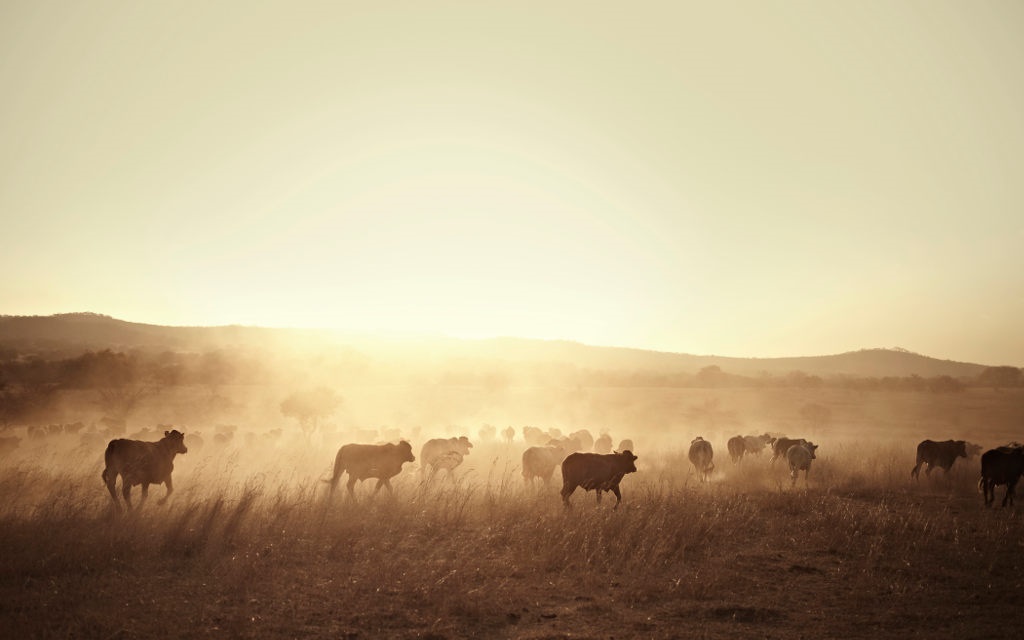
- Zimbabwe is considering using land as security if it cannot get international guarantees for the 30-year sovereign bond it's eyeing to raise US$3.5 billion for compensating white farmers.
- Zimbabwe has a sovereign debt burden of more than US$10 billion, of which about 70% is arrears and penalties for non-payment.
- Finance Minister Mthuli Ncube says the government "will use every means to make sure that we raise money as well as making sure the bond is attractive and secure for investors".
Zimbabwe will use land as security if it fails to get international guarantees for the 30-year sovereign bond it wants to issue to raise US$3.5 billion to compensate some 4 800 white farmers disposed of their land.
South Africa's northern neighbour embarked on a controversial land reform programme two decades ago.
According to a 2013 Constitutional clause, the former farmers will be compensated for improvements made on the land such as buildings, livestock and crops, but not the land itself. An agreement on the amount to compensate farmers and a roadmap to raise funding was reached two weeks ago.
Zimbabwe's Finance Minister, Mthuli Ncube, said the country would talk to finance institutions, governments, and other partners to see if they could guarantee a sovereign bond.
Speaking during an interview with state-owned Zimpapers Television Network on Tuesday, Ncube said getting a guarantee would help improve the country's credit standing.
Zimbabwe currently does not have a sovereign credit rating by the major international rating institutions. It has a sovereign debt burden of more than US$10 billion, of which about 70% is arrears and penalties for non-payment.
Ncube said, however:
He said that the security would not necessarily be farming land, but could also be commercial land that the government owns.
"We are looking at all those strategies, especially land around urban areas," he said.
The minister said considerations are also being made to use other government assets which could be offloaded for the purpose of supporting the liability payment.
The government "will use every means to make sure that we raise money as well as making sure the bond is attractive and secure for investors".
Ncube said the land and improvements that are being compensated for will now belong to the state and not the farmers in the current occupation.
He said the current farmers will therefore not be asked to pay anything towards compensating the former farm owners.
"That issue is not on the table now," said Ncube.
Lack of ownership has been noted as a contributing factor towards why some new farmers are failing to invest in their farms, as the land belongs to the government and can be taken away in the future.
This has also meant the farmers cannot use the land and the immovable property as security for commercial loans, leaving many of them underfunded.
